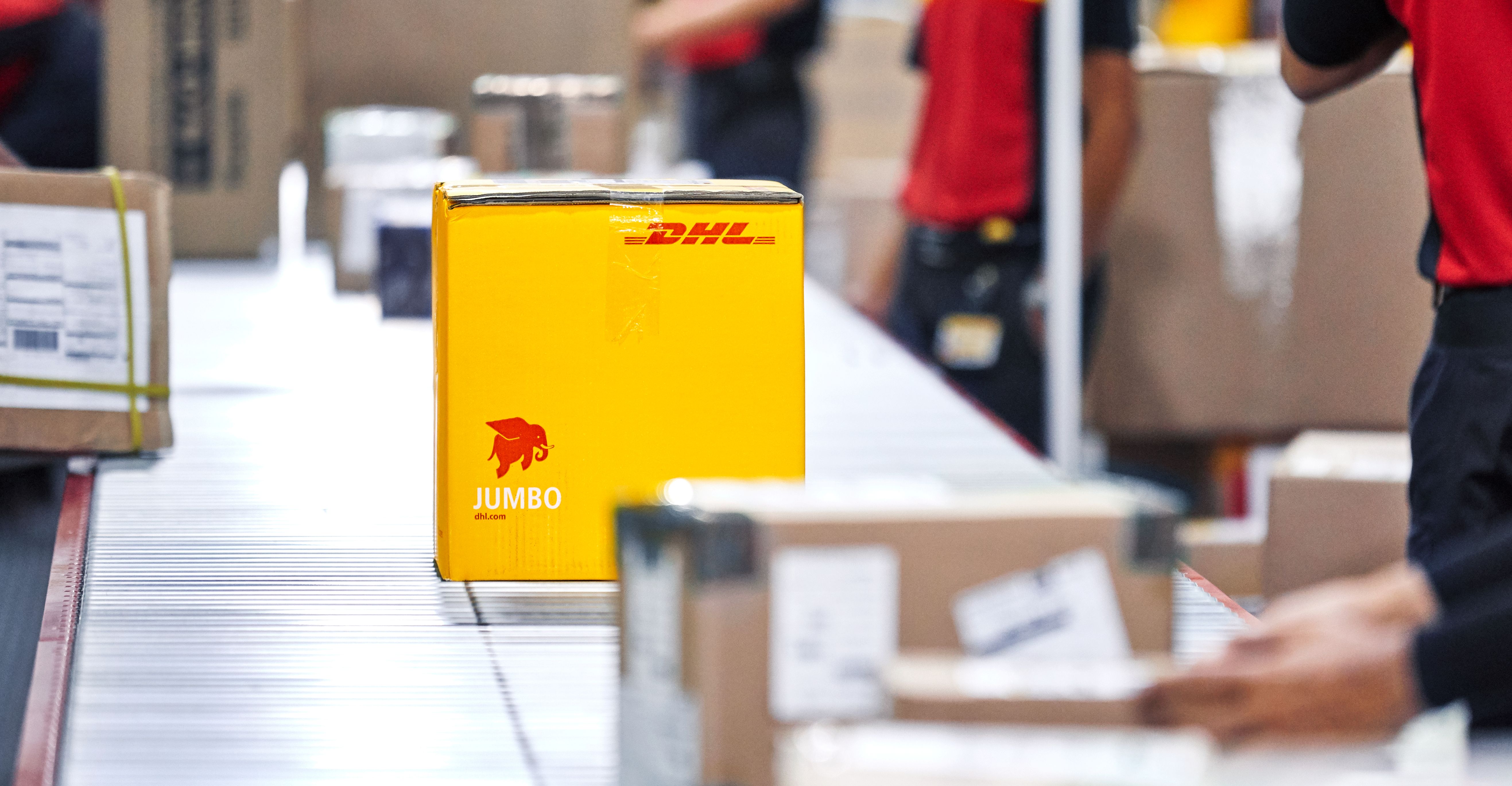Amazon is a global powerhouse in today's e-commerce world, offering unparalleled opportunities for businesses worldwide to reach diverse markets and boost their sales. For Malaysian sellers looking to expand their reach into the vast potential of international customers, Amazon offers a promising opportunity for growth. However, navigating this wide-ranging platform can be daunting without the right strategies.
Therefore, this blog aims to guide Malaysian sellers, providing actionable insights and best practices to enhance their presence and profitability on Amazon. Whether new to selling online or seeking to refine your approach, these insights will help you sell on Amazon internationally and achieve success in the competitive digital marketplace.
1. Getting started on Amazon
Creating an Amazon seller account
To start your business on Amazon, here is how you can create a seller account:
- Go to sell.amazon.in or sellercentral.amazon.in and click 'Start Selling'. If you already possess an Amazon customer account, you can easily transition into a seller role using your existing credentials. Otherwise, create a new account with your details.
- Enter your Goods and Services Tax (GST) number. If your products are GST-exempt, select the relevant option. Subsequently, verify your GST number by uploading the necessary documents.
- Next, create a unique store name that resonates with your brand identity.
- Specify your product pickup address and choose between Easy Ship or Self Ship.
- Provide details of your active bank account for receiving Amazon sales proceeds.
- Select the default tax rate or Product Tax Code (PTC) applicable to your products.
- To list your products, click ‘Add products and start selling’. Enter product details, such as if you sell health supplements online, and then include photos and descriptions to inform buyers. Completing at least one product listing is necessary to sell items on your Amazon store.
- After this, you can explore the Seller Central dashboard on Amazon, essential for managing your sales effectively. Go through the Sales Summary, Sales Snapshot, and Compare the Sales graph to track your performance.
Tips for product listing optimisation
Here are some optimisation tips to elevate your product's visibility and sales potential on Amazon:
- Choosing the correct product categories ensures your product reaches the right audience. Focus on selecting categories that accurately represent your product, consider the level of competition, and be aware of any category-specific restrictions.
- Thorough keyword research is essential for optimising your product's visibility. Start by brainstorming relevant keywords and use Amazon's search bar autocomplete suggestions. Further enhance your research with keyword tools to uncover high-volume, low-competition keywords. Include these keywords in your product listings to attract organic traffic and improve your chances of appearing in relevant search results.
- Optimising your product listings is critical to captivating potential customers and driving conversions on Amazon. Create compelling product titles incorporating relevant keywords, brand names, and product benefits. Craft detailed product descriptions that highlight unique selling points and specifications. Use high-quality images that display your product from various angles.
2. Leveraging fulfilment by Amazon (FBA)
Fulfilment by Amazon (FBA) is a game-changing service that allows sellers to streamline their operations and significantly enhance customer satisfaction. For Malaysian sellers, FBA can be desirable, providing access to Amazon's extensive logistics network and world-class customer service.
Benefits of fulfilment by Amazon for Malaysian sellers
- Hassle-free warehousing and fulfilment: With FBA, you can store your products in Amazon's fulfilment centres, eliminating the need to manage your warehouse or handle international shipping logistics. Amazon picks, packs, and ships your orders directly to customers, saving you time and resources.
- Exceptional customer service: Amazon handles customer inquiries, returns, and refunds on your behalf, freeing you to focus on growing your business.
- Multi-channel fulfilment: You can also use FBA to fulfil orders from other sales channels, such as your website or online marketplaces.
Getting started with FBA
- To get started with FBA, ensure you've completed your Amazon seller registration and set up your Seller Central account. Next, list your products on Amazon.in, providing details and captivating descriptions.
- Then, enrol in the Fulfilment by Amazon (FBA) programme directly within Seller Central. This involves providing additional information and selecting your Amazon Fulfilment Centres (FCs) as Additional Places of Business (APOB).
- Once enrolled in FBA, prepare your products according to Amazon's guidelines and ship them to the specified FCs. If you're shipping products like perfume from Malaysia, ensure they meet Amazon’s packaging and labelling requirements for hazardous materials. Monitor your inventory levels through Seller Central, ensuring timely replenishment to prevent stockouts and optimise sales performance. Use Amazon's international logistics network to pick, pack, and ship your orders to concentrate on core business growth initiatives.
3. Implementing effective marketing strategies
To drive traffic and boost sales on Amazon, here are some effective marketing strategies you can consider:
- Start by leveraging Sponsored Product Ads, which lets you promote your listings to a targeted audience, enhancing visibility directly within Amazon’s search results and product pages.
- Invest in Amazon SEO to optimise your product listings with relevant keywords, ensuring they rank higher in search results. This involves incorporating keywords naturally into titles, descriptions, and backend search terms.
- Enhance your product appeal on Amazon with Enhanced Brand Content (EBC), which lets you create visually rich and informative product descriptions that can increase conversion rates by highlighting your brand’s unique selling points and key benefits.
- Optimising product images is also essential. Use high-resolution photos showing multiple angles and features of your product. Consider adding lifestyle images that demonstrate the product in use. Add product descriptions that address potential customer questions and highlight benefits.
- Use Amazon’s advertising tools effectively by setting up Sponsored Brands to enhance brand awareness and Sponsored Display Ads to retarget potential customers. These strategies collectively enhance your product's visibility, attract more buyers, and ultimately increase conversion rates, driving your sales closer to those of Amazon’s best-selling products.
4. Managing performance and growth
Effectively managing performance and fostering growth on Amazon requires continuous monitoring and strategic adjustments. Regularly tracking key metrics such as sales volume, conversion rates, and customer reviews through Amazon Seller Central. Also, check business reports to analyse trends and identify areas needing improvement.
Moreover, explore opportunities for optimisation by adjusting your product listings based on performance data, refining your keyword strategy, and experimenting with different ad campaigns. Stay familiar with market trends and customer preferences to capture new expansion opportunities, such as exploring additional product lines or entering new markets.
To further improve your growth, you can take valuable insights and inspiration from real-world examples of successful Malaysian sellers on Amazon. One such example is Glittery Craft, a Malaysian seller of handcrafted jewellery and accessories, demonstrating Amazon’s transformative potential for businesses seeking global expansion. Connie Tan, the founder, initially struggled to find creative party supplies for her daughter's birthday, sparking the idea for her business.
Using Amazon's platform, Glittery Craft reached customers worldwide, achieving a remarkable 400% sales increase within a year. By focusing on high-quality products, unique designs, and effective marketing through Amazon's tools like Sponsored Products, the brand overcame the limitations of a small local business and thrived in cross-border e-commerce. Additionally, fulfilment by Amazon (FBA) further streamlined its operations, allowing it to focus on product development and expansion plans.


















































